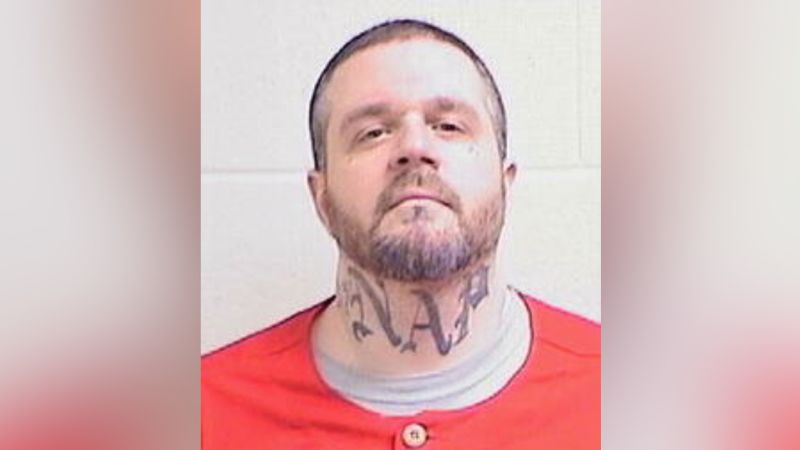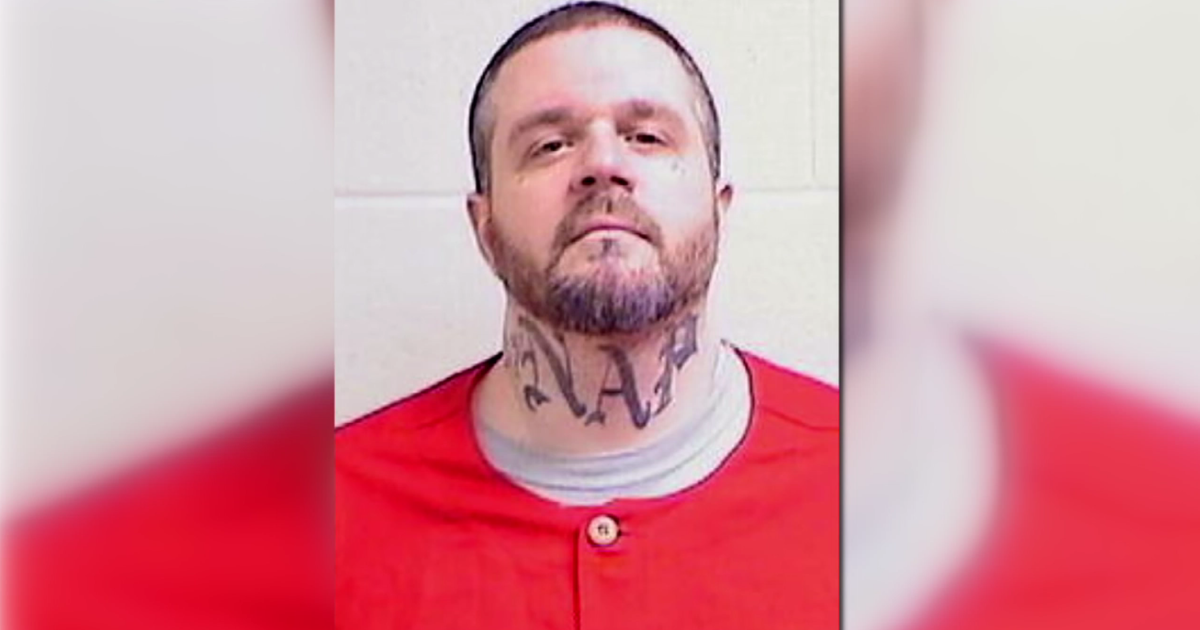Indiana Man Executed for 2000 Police Officer Killing as State Resumes Death Penalty
Benjamin Ritchie, convicted of murdering Officer Bill Toney, was executed in Indiana's second execution since 2009, following a 15-year hiatus.
Subscribe to unlock this story
We really don't like cutting you off, but you've reached your monthly limit. At just $5/month, subscriptions are how we keep this project going. Start your free 7-day trial today!
Get StartedHave an account? Sign in
Overview
Benjamin Ritchie, 45, was executed by lethal injection in Indiana for the 2000 murder of Officer Bill Toney. This marks Indiana's second execution in 15 years, resuming after a hiatus due to drug shortages. Ritchie had been on death row since 2002, with his execution occurring hours after the U.S. Supreme Court declined to intervene. Toney's family supported the execution as a closure to their grief, while Ritchie's attorneys argued for clemency due to his mental health issues. The case highlights ongoing debates about capital punishment and legal representation in Indiana, particularly regarding media access.
Report issue

Read both sides in 5 minutes each day
Analysis
- An Indiana man, Benjamin Ritchie, was executed for the 2000 murder of police officer Bill Toney after exhausting all his legal options, marking Indiana's second execution in 15 years.
- The execution stirred controversy, with some arguing that Ritchie's mental health issues and brain damage should have exempted him from the death penalty, while supporters emphasized the importance of justice for Toney's family.
- The state's handling of the execution process drew criticism for its secrecy and lack of media access, as Indiana is one of the states that prohibits media witnesses during executions.
Articles (3)
Center (2)
FAQ
Indiana's hiatus in executions was partly due to drug shortages, which affected the state's ability to carry out lethal injections.
Benjamin Ritchie's last meal was the Tour of Italy meal from Olive Garden, which included Fettuccine Alfredo, Lasagna, and Chicken Parmigiana.
Benjamin Ritchie's legal options were exhausted after the U.S. Supreme Court declined to take his case.
Ritchie's attorneys argued for clemency due to his mental health issues, but specific details on how these issues were presented in court are not detailed in the provided sources.
Officer Bill Toney's family supported the execution as a closure to their grief.
History
- This story does not have any previous versions.


